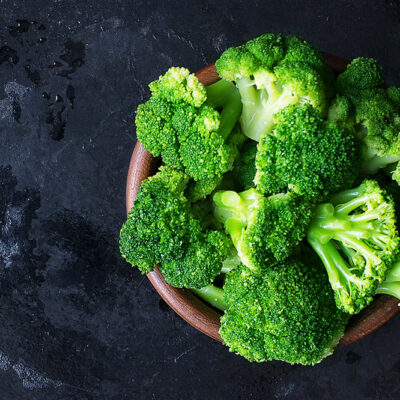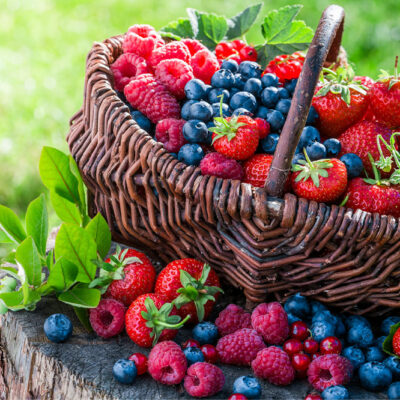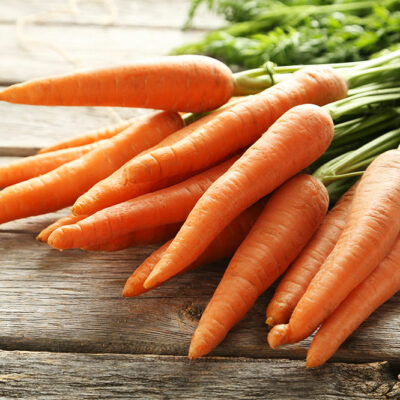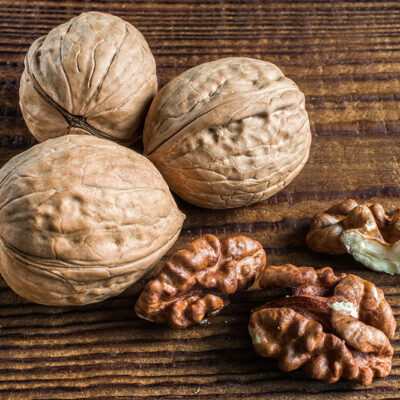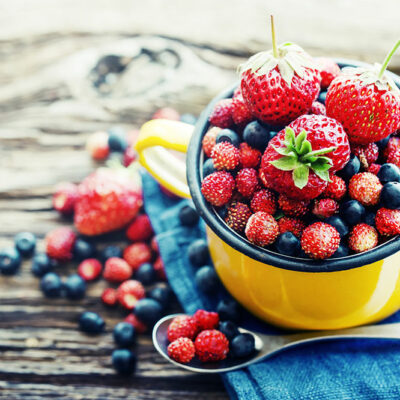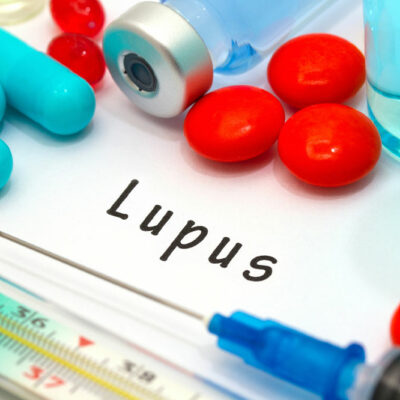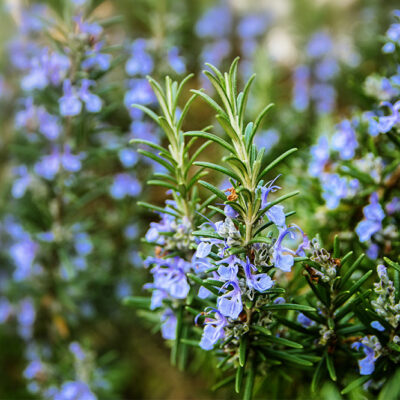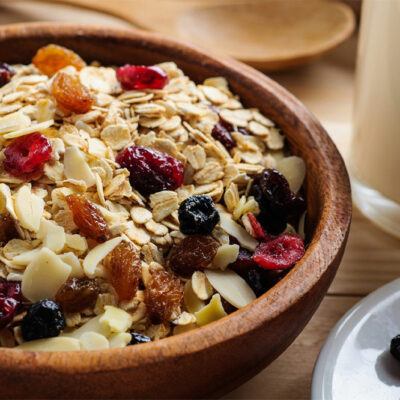
health
5 foods that can help manage multiple sclerosis
Multiple sclerosis (MS) is a disease that affects the brain and spinal cord, impacting mind-body coordination. While no nutrition plan can cure MS, studies show that certain foods like turmeric and avocadoes can help manage the symptoms. Most of these foods have anti-inflammatory properties, and researchers say that reducing inflammation in the body can help. Here are five foods that MS patients must eat, along with a few pills for relapsing MS. Salmon Salmon is one of the best foods for people with MS. It is loaded with omega-3 fatty acids, healthy fats that help fight inflammation and potentially help improve MS symptoms. Moreover, salmon is rich in vitamin D, a nutrient that many MS patients lack. Turmeric Turmeric is a fragrant, yellow spice that has long been used for treating various ailments. The active ingredient in turmeric is curcumin, which can help protect nerve cells and boost the immune system. Curcumin also has powerful anti-inflammatory properties and can fight inflammation that contributes to MS. Avocado Avocados are loaded with various nutrients that can combat inflammation, such as monounsaturated fats, lutein, glutathione, vitamin E, and phenolic antioxidants. Plus, it contains phytosterols, or plant sterols, that help stave off inflammation. Patients can eat raw avocados every day or enjoy guacamole, an avocado-based dip.
